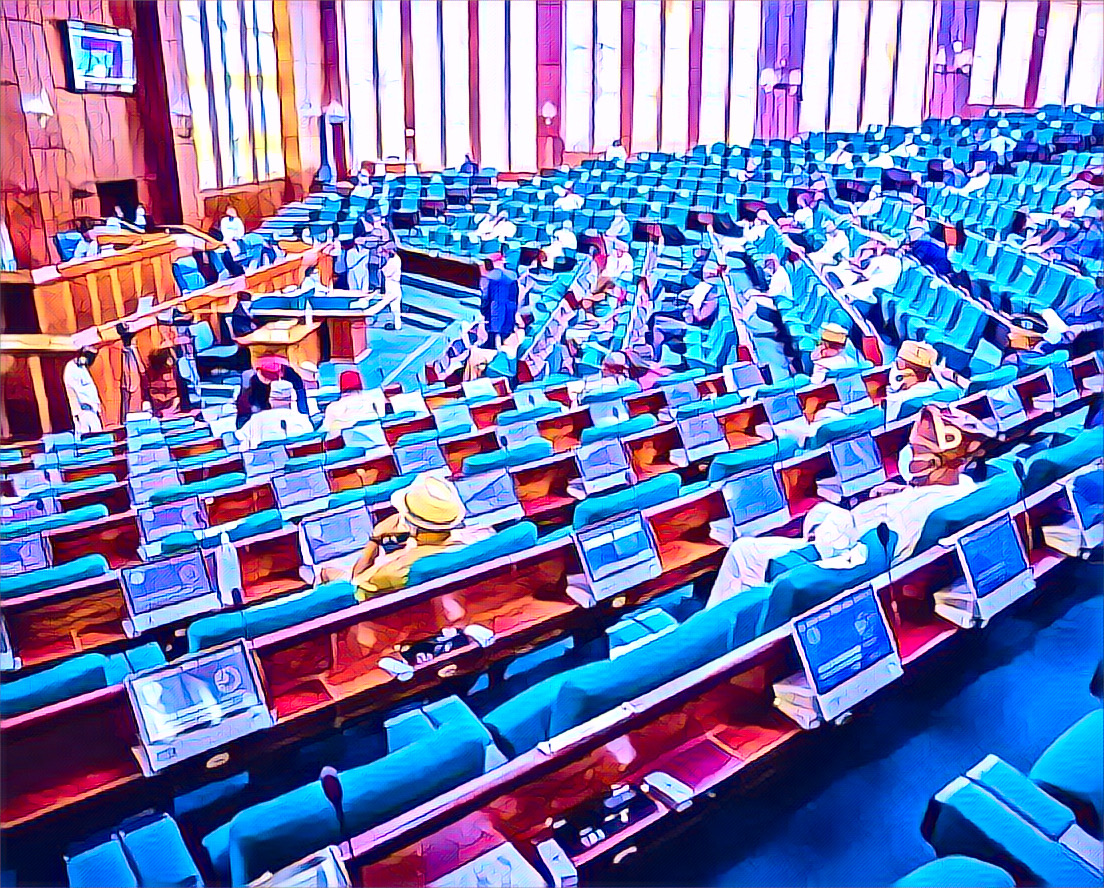The House of Representatives has directed the Central Bank of Nigeria (CBN) to suspend its proposed implementation of a 0.5% levy on electronic transactions. This directive comes in response to widespread concerns that the levy could further burden Nigerians, especially given the current economic challenges including the removal of subsidies and rising inflation.
The controversy began when the CBN issued a circular on May 6, 2024, announcing the introduction of a “Cybersecurity Levy,” which was to be applied to electronic transactions as per the newly amended Cybercrimes Act. According to the circular, the levy was aimed at funding cybersecurity initiatives, aligning with Section 44(2)(a) of the Cybercrimes (Amendment) Act, 2024, which stipulates that specified businesses contribute 0.5% of the value of all electronic transactions into the Cybersecurity Fund.
However, confusion arose from the circular’s phrasing, which led many to interpret that the levy would be charged directly to consumers at the point of transaction. This sparked immediate backlash from the public and civil society organizations, who took to social media to express their dismay and call for the government to reconsider the move.
Responding to the uproar, the House of Representatives, led by Minority Leader Kingsley Chinda and supported by 359 other members, quickly moved a motion of urgent public importance to address the issue. The motion criticized the CBN for its ambiguous communication and potential misinterpretation of the Cybercrimes Act.
Chinda emphasized that the intended levy should apply only to businesses specified in the Second Schedule of the Cybercrimes Act, which includes GSM service providers, telecommunication companies, internet service providers, banks, other financial institutions, insurance companies, and the Nigerian Stock Exchange. He pointed out that imposing this levy on individual bank customers would contradict the Act’s provisions.
The motion led the House to instruct the CBN to retract the controversial circular and issue a new, clearer directive that aligns strictly with the legislation’s intent. Furthermore, the House mandated its Committees on Banking Regulations and Banking and other Ancillary Institutions to provide oversight and ensure the CBN complies with the law’s requirements.
This legislative intervention has been widely regarded as a proactive measure to prevent undue financial pressure on Nigerians, who are already dealing with economic strain due to recent policy changes in subsidies and increasing rates of inflation.
The development also highlights the ongoing tensions between financial regulation and public sentiment in Nigeria, where there is growing scrutiny over policy decisions affecting the economic well-being of its citizens. As the situation unfolds, it will be crucial to monitor how the CBN responds to the legislative directive and how this impacts the broader economic sector in Nigeria.


